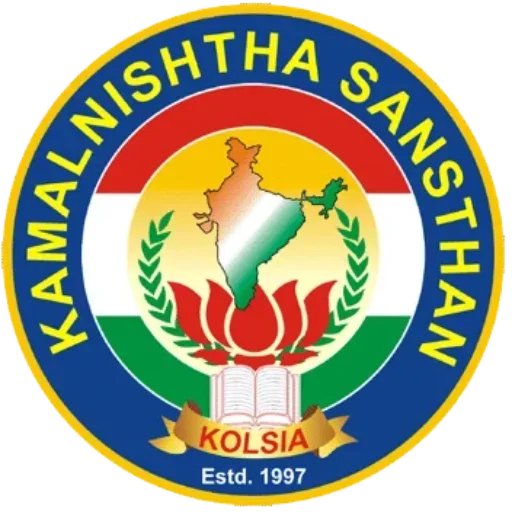Kamalnishtha Sansthan, established in 1996 in Kolsiya, Jhunjhunu district, Rajasthan, is a non-profit organization dedicated to the socio-economic empowerment of rural artisans, particularly women. Through various initiatives, the Sansthan has significantly contributed to enhancing the skills, livelihoods, and self-reliance of the artisan community.
Key Initiatives:
- Kolsiya Tie & Dye Cluster:
- Kamalnishtha Sansthan oversees the Kolsiya Tie & Dye Cluster, focusing on traditional textile crafts. This initiative aims to improve artisans’ skills, provide market access, and promote sustainable livelihoods.
- Vocational Training Programs:
- Between June 2006 and May 2007, the Sansthan conducted a Tie & Dye project under the Ministry of Rural Development, Government of India, training 40 women in traditional tie-dye techniques on cotton fabrics used in Rajasthani attire. This project enhanced their skills and confidence to pursue micro-enterprises and income-generating activities.
- Empowerment of Differently-Able Artisans:
- From April 2009 to March 2011, the Sansthan implemented a vocational training program for the socio-economic empowerment of differently-abled individuals. A total of 628 men and women received training in skills such as blanket weaving and tie-dye, tailored to their inherent abilities and local demand.
- E-commerce Platform Development:
- To expand market reach, Kamalnishtha Sansthan has initiated the development of an e-commerce portal for the Kolsiya Tie & Dye Cluster, facilitating artisans in selling their products online and accessing broader markets.
- Community Radio Programs:
- Through its community radio station, Kamalvani 90.4 FM, the Sansthan broadcasts educational programs, including “Radio Mathematics for Artisan Women,” enhancing numeracy skills among women artisans and supporting their craft-related activities.
These initiatives demonstrate Kamalnishtha Sansthan’s commitment to empowering the artisan fraternity by providing skill development, market access, and educational support, thereby fostering self-sufficiency and preserving traditional crafts.
